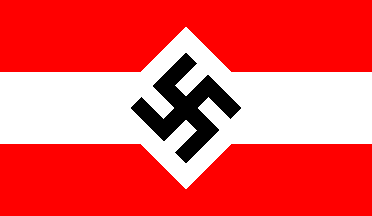
Flag of the Hitler Youth 1933–1945, Germany
![[cross]](../images/v/vx-fr-savoy.gif)
![[cross]](../images/v/vx-ch_pant.gif)
![[Pisa, Italy]](../images/v/vx-it-pi-pi.gif)
![[cross]](../images/v/vx-dk~.gif)
Flag of Savoy, France;
National Flag of Switzerland;
Flag of Pisa, Italy;
State Flag/Naval Ensign of Denmark
Please note however, that whilst several of the types used on flags are detailed separately herein – the cross throughout as given in 1) above, the Greek cross, the Celtic cross, the Scandinavian cross, the saltire (or diagonal cross), Cross of Lorraine, the swastika, and the Maltese cross – numerous other variants exist (mostly used in heraldry but which also sometimes appear on flags), and the majority of these are listed below.
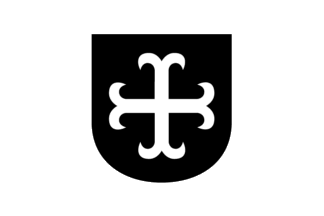
Flag of Wezembeek-Oppem, Belgium
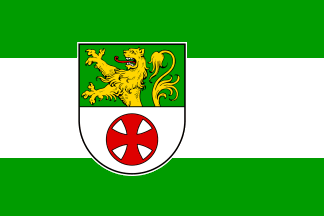
Flag of Otze, Germany
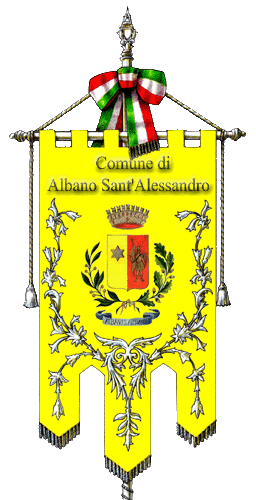
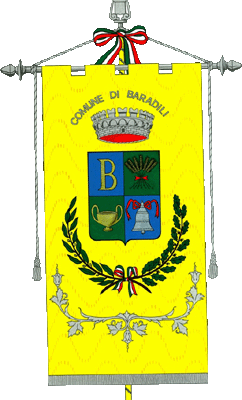
Gonfalon of Albano Sant'Alessandro, Italy; Gonfalon of
Baradili, Italy
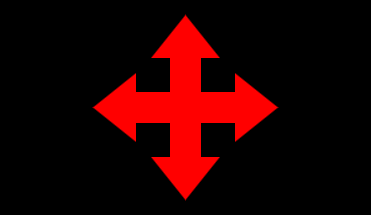
Former Flag of the Falange Venezolana, Venezuela
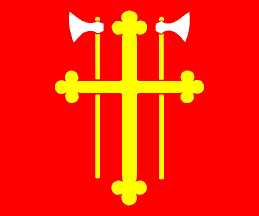
vu-ne.gif)
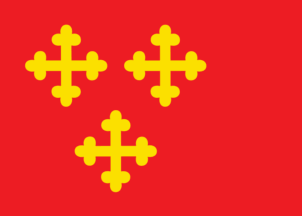
Flag of the Church of Norway; Arms of Negoslavci,
Croatia; Flag of Vestby, Norway
Please note that this phrase is often seen spelt as "cross bottony", and whilst perfectly
understandable, this version remains unsupported by definitive heraldic sources.
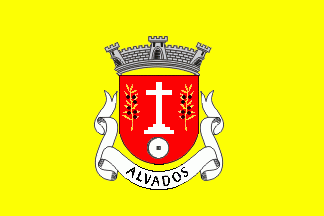
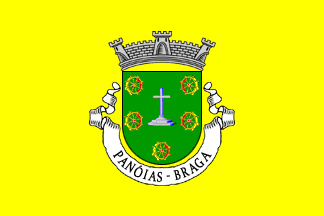
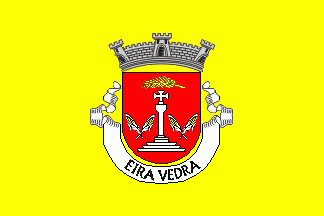
Flag of Alvados, Portugal;
Flag of Panóias, Portugal;
Flag of Eira Vedra, Portugal
Please note as may be seen in the illustrations above, various types of cross can be used to make up a
cross cantonée, and that a Jerusalem Cross (a cross-potent cantonée constructed of a
cross-potent and four Greek crosses or of five crosses-potent) is one specific type. 
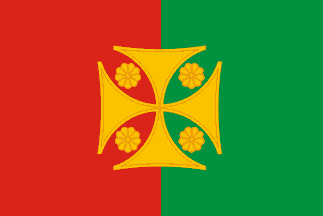
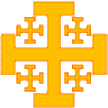
Example;
Flag of Tianeti, Georgia;
Arms of The Kingdom of Jerusalem c1200 (CS)
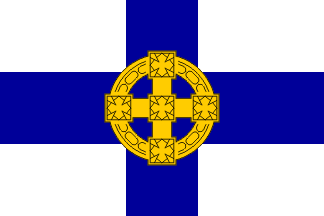
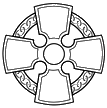
Flag and Logo of the
Church in Wales, UK
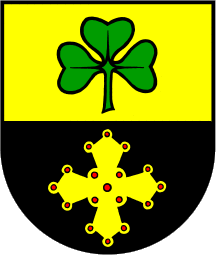
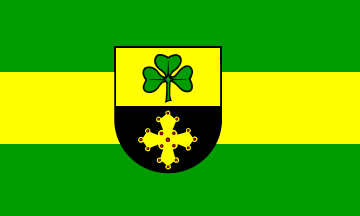
Arms and Flag of
Woltwiesche, Germany
(see also counterchanged, cross 2), Dominican cross, quarter 2) and tincture).
Please note that a cross that is divided only along either its horizontal or vertical centre-line is
properly blazoned using a full description – for example, "party per fess argent and azure a
cross-humetty counterchanged" as shown below.![[cross-counterchanged]](../images/v/vx-hr-zg-zap.gif)
![[cross-counterchanged]](../images/v/vx-ch-gr151.gif)
![[cross-counterchanged]](../images/v/vx-de-gs-gs-we.gif)
Flag of Zaprešić, Croatia;
Flag of Flag of Davos commune, Switzerland;
Flag of Weddingen Borough, Germany
![[cross-counterchanged]](../images/v/vx-mt-67.gif)
Flag of Zurrieq, Malta
2) The term that may also be used when the centre of a cross of this general type is obscured as illustrated below – see cross gyronny.
![[cross-counterquartered]](../images/v/vx-cz-pz-tk.gif)
![[cross-counterquartered]](../images/v/vx-cz-pz)tk.gif)
![[cross-counterquartered]](../images/v/vx-es-se-pr.gif)
Flag and Arms of Tursko, Czechia ;
Flag of Palomares del Río, Spain
"Cross of Pisa couped" as illustrated above, or a
"cross crosslet couped"
as shown in the following definition.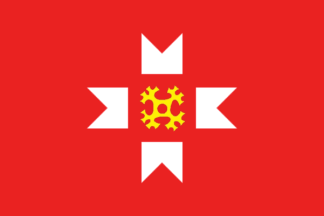
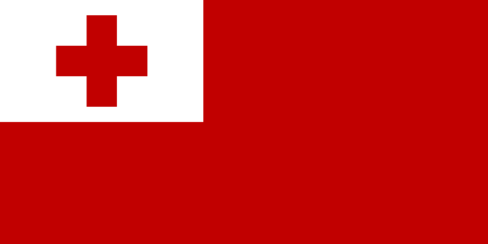
![[Pisa, Italy]](../images/v/vx-it-pi-pi.gif)
Flag of Mozhginsky District, Russia;
National Flag of Tonga; Flag of Pisa, Italy
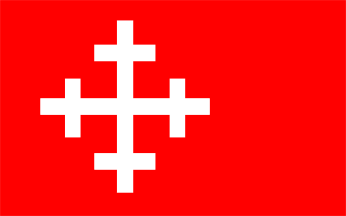
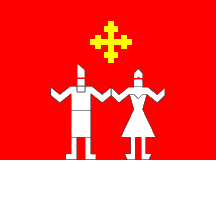
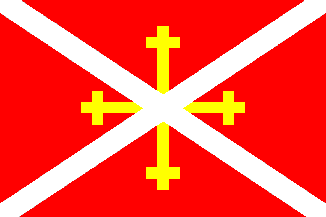
Flag of Dobrzyca, Poland;
Flag of Costuleni, Moldova;
Former flag of Echt, The Netherlands
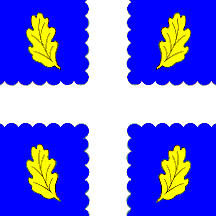
.gif)
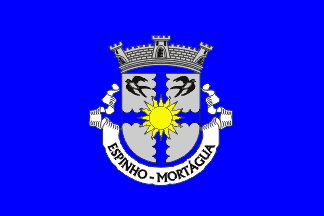
Flag of Thônex, Switzerland;
Arms and Flag of Espinho, Portugal
.gif)
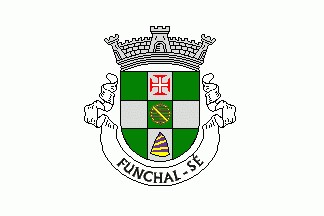
Arms and Flag of Sé, Portugal
Introduction | Table of Contents | Index of Terms | Previous Page | Next Page
